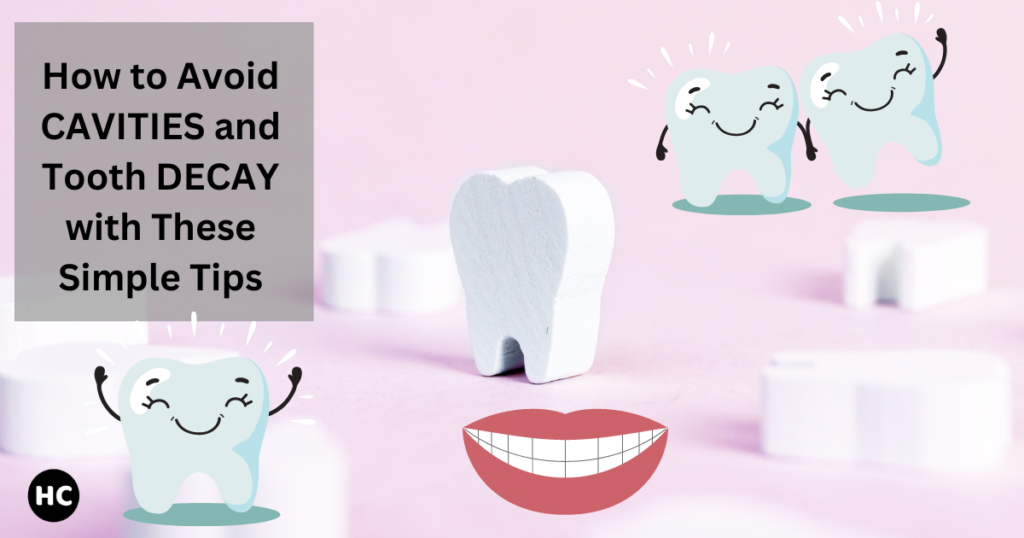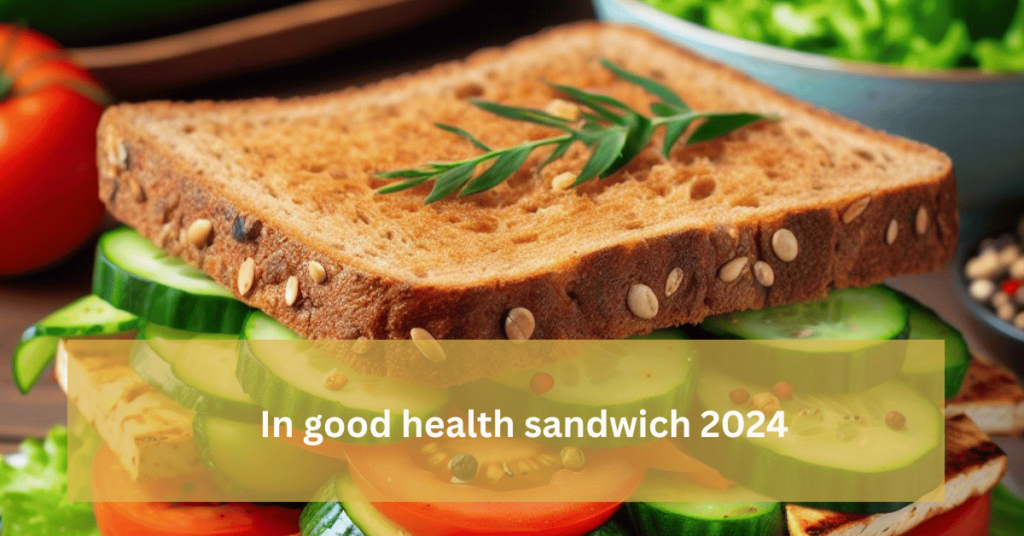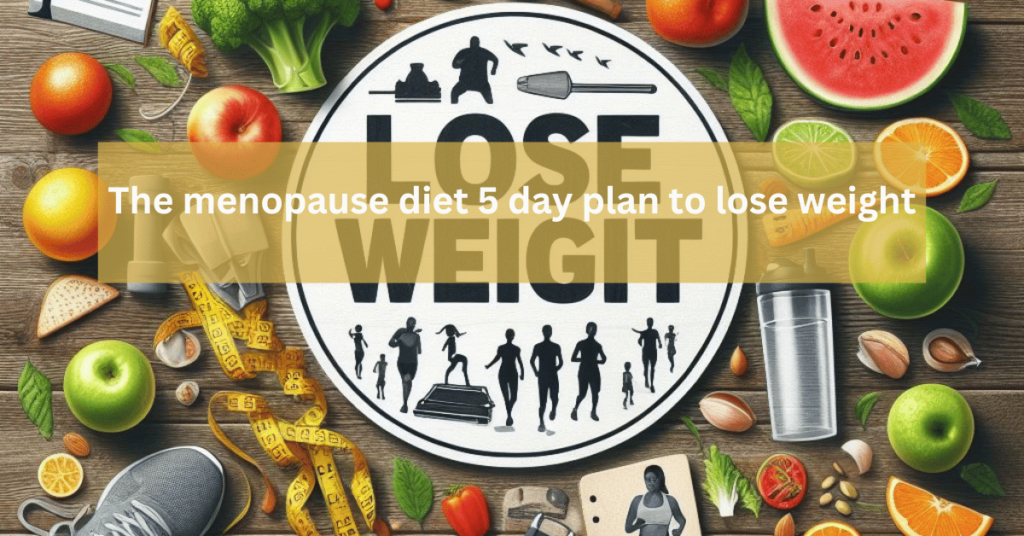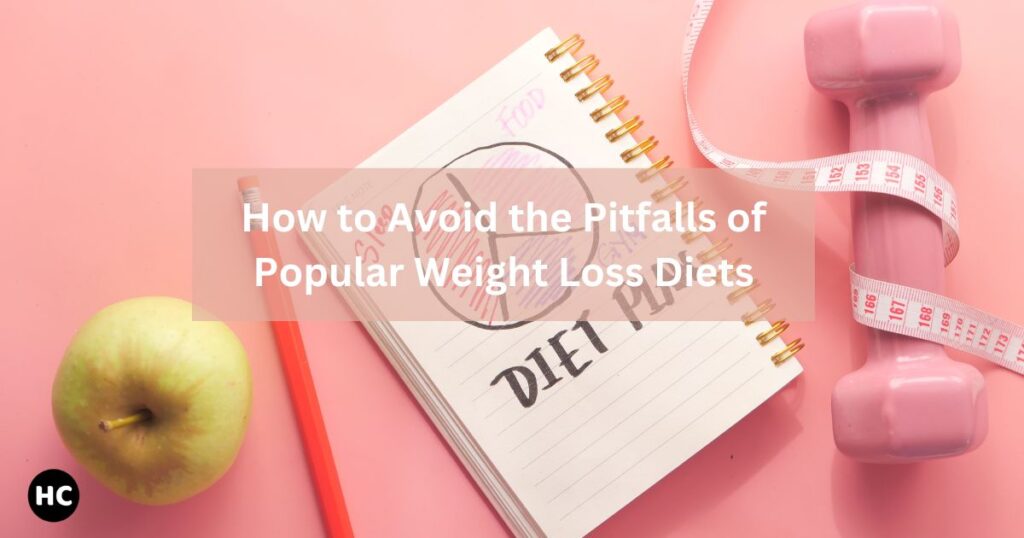If you love sugary treats and sticky chocolates, then cavities may be of concern. Cavities are damage done to your teeth that kickstarts the process of tooth decay. When you consume foods with carbohydrates, and those foods hang out in your mouth for too long, bacteria, acid, food debris, and saliva team up to form a plaque that sticks to your teeth and wears away the enamel. This creates those pesky holes in your teeth that we call cavities. If left untreated, it can lead to a severe infection that might spread to other parts of your body.
Did you know around 90% of adults above 20 have at least one cavity? That’s right! Cavities are among the most common health issues responsible for widespread absenteeism from work or school. It’s not uncommon for people to feel scared or anxious about dental procedures. Sitting in a dental chair and facing needles can be daunting for many. But what’s the way out? Good dental hygiene, of course! And this article is all about that. So stick around until the end and discover some helpful insights on cavities.
What causes cavities?
First on our list is your favorite sugary treats.
Sugary treats
Sugary food items are the leading cause of dental cavities. Studies have shown that those with dental cavities often eat more dietary sugar than others. When the bacteria in your mouth break down sugars, it produces acid to facilitate the process, but at the same time, it erodes your tooth’s enamel. This acid also demineralizes your dentin, which lies beneath the enamel and makes up most of your tooth. Over time, this erosion becomes more prominent and forms a hole or cavity.
While sugar is essential for deriving energy, its relatively higher consumption is a magnet for most health issues, including cavities. So, where does this extra sugar come from? Most of your excess sugar intake happens because of unhealthy food choices like:
- confectionery
- cakes
- biscuits
- sweetened cereals
- sweetened yogurt
- desserts
- honey syrups
Also, even your favorite beverages, such as energy drinks, milk-based sweetened beverages, and fruit juices, contain high amounts of sugar.
Try to limit your processed sugar consumption and not overindulge in cavity-causing sweets.
Poor oral hygiene
Cavities occur due to poor oral hygiene. You have repeatedly been told to brush and floss regularly, but do you know why? The simple answer to that is: to remove the plaque. Plaque is a sticky matrix that attaches itself to your gum line and is the host to bacteria. When you don’t brush your teeth regularly, the plaque stays there longer and might even spread to the entire stretch, leading to tooth decay. Poor oral hygiene attracts other dental issues like gingivitis, a gum disease characterized by irritation, redness, swelling, and periodontitis. Severe gum infections can lead to tooth loss and other health complications.
Dry mouth
Do you have a dry mouth? A dry mouth triggers dental cavities faster than you can imagine. Studies have shown that xerostomia, a condition where your salivary glands do not produce enough saliva, aggravates cavities. It’s often characterized by oral dryness, swallowing difficulty, and altered taste.
Studies have also shown that saliva protects against cavities and can save you from gum diseases and oral infections. But how? It’s simple! Your teeth are covered by a thin layer of saliva that acts as a buffer against bacteria, preventing them from eroding your teeth and causing cavities. Saliva also wipes away harmful bacteria and food particles that might get stuck in your teeth. Since small bits of food act as a feeding ground, where bacteria can grow and multiply, silva swipes them away and prevents bacterial growth.
Saliva also neutralizes the acid in your mouth, another cause of cavities. Even if acid damages your enamel, saliva is a repairing tool that remineralizes your teeth by mending the outer protective layer with the help of calcium, phosphorus, and fluorides. This way, it keeps your teeth strong and resistant to cavities.
Saliva is more than just water in your mouth; it contains a vital lysozyme enzyme that helps keep your teeth healthy. This enzyme attacks the protective walls of bacteria that cause tooth decay and prevents it from doing any damage. Keep your mouth hydrated to ensure your saliva can do its job and protect your pearly whites! Have you ever wondered why you sometimes wake up with a terrible case of morning breath? Well, here’s an interesting tidbit: your body produces less saliva when sleeping, which allows bacteria to multiply and cause bad breath. That’s right, without enough saliva to keep your bacteria in check, it can wreak havoc in your mouth while you catch some z’s.
Manage Sugar Consumption
It’s time to manage your sugar consumption! Just because sugar can harm our dental health doesn’t mean you must stop eating those tasty sugary treats entirely! Instead, a simple solution to this problem is to cut back on high-sugar foods.
Did you know that limiting your sugar intake to 10% or even 5% of your total energy needs can help protect you from dental cavities for life? So next time you’re craving something sweet, choose just one dessert instead of two to keep your teeth happy and healthy!
Do you find it hard to cut back on sugar? Switching to foods with lower sugar content is one way to make it easier. Instead of packaged fruit juices, go for freshly squeezed or whole fruit blends packed with essential vitamins and minerals. Not only do fruits have fewer calories but they also stimulate salivary glands and promote saliva production, which is crucial for protecting your teeth from decay.
Snacks in moderation
As it turns out, limiting your snacking habits can positively affect your dental health. Constantly snacking throughout the day can be detrimental to your teeth. It keeps your mouth in an acidic environment for a long time, leading to tooth enamel erosion and cavities. It takes some time to neutralize this acidic medium and restore your normal pH levels, leaving your teeth vulnerable to decay.
While it may be tempting to munch on chips or other snacks throughout the day, it’s important to remember that even small amounts of food can trigger acid production in your mouth. Instead, try to limit your snacking and choose healthy options that are easy to digest and don’t require a lot of acids to break down. Whole foods with plenty of fiber are a great choice, as well as calcium-rich foods like milk, cheese, and yogurt, which can help mineralize your teeth. And don’t forget to rinse your mouth after meals to wash away food debris and prevent plaque buildup.
Good oral hygiene
Many of us neglect our oral hygiene, but proper dental care is crucial to ensure you don’t get cavities. Brushing your teeth twice a day, especially before bedtime, is essential. It is equally important to floss or clean between your teeth regularly. It is essential not to rush the cleaning process, as improper brushing is as ineffective as not brushing at all. So, take your time, gently use your brush in a circular motion, and cover all the areas. You do not want any reminiscents of plaque left behind, do you? Also, exfoliate your tongue with a tongue cleaner. This would remove the food debris and avoid unnecessary plaque buildup.
Your choice of toothpaste also matters
When choosing the right toothpaste, you must pick those that contain fluoride, regardless of the flavor or type. Fluoride-infused toothpaste helps in the mineralization of your teeth and strengthens them. Studies show that these kinds of toothpaste not only prevent the occurrence of cavities but also arrest their development. So, if you already have plenty of dental cavities, use fluoride toothpaste to help prevent them from worsening.
Never let your mouth go dry!
A dry mouth could result from dehydration, so drink plenty of water. You must avoid certain dehydrating triggers, such as:
- quitting smoking can help you restore the fluid balance in your mouth, and you’ll be better able to protect yourself from dental cavities.
- instant dehydration. If you do not take enough fluids during alcohol consumption, your mouth will likely run dry soon, and you’ll become more prone to cavities. So it is advised by doctors to drink in moderation and maintain an adequate water-to-alcohol ratio. Also, avoid using alcohol-infused mouthwashes, which can worsen the problem.
- out the possibility of a link between excess caffeine consumption and dehydration altogether. You must not over-consume caffeinated beverages and save your teeth from decay.
Besides consuming enough water, you should consult your doctor to see if any medications you take cause dry mouth and ask for viable remedies. They usually advise chewing sugar-free gums that contain xylitol, which enhances your saliva production and keeps dental caries at bay.
FAQ
What are cavities and tooth decay?
Cavities, also known as dental caries or tooth decay, are permanently damaged areas in the hard surface of your teeth that develop into tiny openings or holes. Teeth decay occurs when bacteria in your mouth produce acids that attack the tooth enamel.
What causes cavities and tooth decay?
Cavities and tooth decay are primarily caused by poor oral hygiene practices such as inadequate brushing and flossing, consuming sugary and acidic foods and beverages, frequent snacking, and not visiting the dentist regularly.
How can I prevent cavities and tooth decay?
You can prevent cavities and tooth decay by adopting good oral hygiene habits such as brushing your teeth at least twice a day with fluoride toothpaste, flossing daily, limiting sugary and acidic foods and drinks, avoiding frequent snacking, drinking plenty of water, and visiting your dentist for regular check-ups and cleanings.
What role does diet play in preventing cavities and tooth decay?
Diet plays a crucial role in preventing cavities and tooth decay. Avoiding sugary and acidic foods and beverages can significantly reduce the risk of cavities. Instead, opt for a balanced diet rich in fruits, vegetables, lean proteins, and dairy products, which promote dental health.
How often should I visit the dentist to prevent cavities and tooth decay?
Visiting your dentist for a check-up and cleaning at least every six months is recommended. However, depending on your oral health needs, your dentist may recommend more frequent visits.
Can I take any additional measures to prevent cavities and tooth decay?
Yes, in addition to regular brushing, flossing, and dental visits, you can consider using fluoride mouthwash, chewing sugar-free gum after meals, and incorporating dental sealants into your preventive care routine, especially for children and adolescents.
What should I do if I suspect a cavity or tooth decay?
If you suspect you have a cavity or tooth decay, schedule an appointment with your dentist as soon as possible. Early detection and treatment can prevent the progression of cavities and preserve your dental health.
Can cavities and tooth decay be reversed?
In the early stages, cavities and tooth decay may be reversible through remineralization, which involves restoring lost minerals to the tooth enamel. However, once the decay has progressed, it cannot be reversed, and treatment such as fillings or dental crowns may be necessary.
What are the consequences of untreated cavities and tooth decay?
Untreated cavities and tooth decay can lead to various complications, including toothache, infection, abscesses, tooth loss, and even systemic health problems if the infection spreads to other parts of the body.








